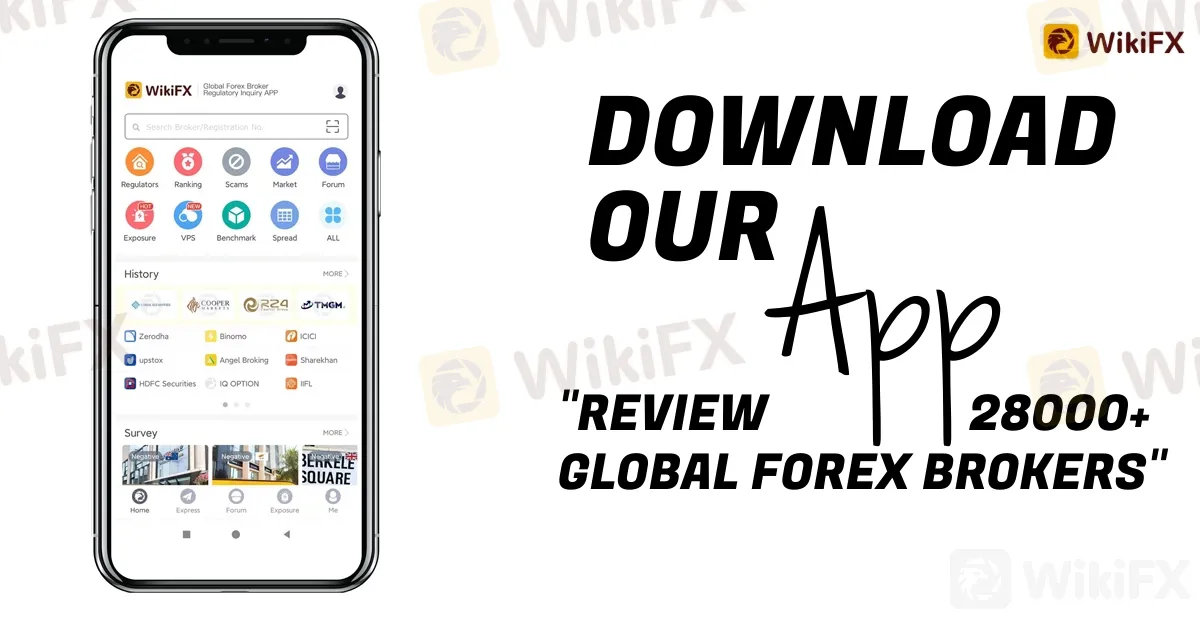简体中文
繁體中文
English
Pусский
日本語
ภาษาไทย
Tiếng Việt
Bahasa Indonesia
Español
हिन्दी
Filippiiniläinen
Français
Deutsch
Português
Türkçe
한국어
العربية
7 Ways to Avoid Forex Scams
Abstract:The forex industry is recently seeing more and more scams. Here are 7 ways to avoid losing your money in such scams:
Forex scams are becoming frequent. Michael Greenberg reports on luxurious expenses, including a submarine bought from the money taken from forex traders. Heres another report of a forex fraud.
So, how can we avoid falling in such forex scams? Here are 7 ways to avoid losing your money in such scams:
If it looks too good…: Sites that promise automatic and big profits in no-time should raise your first suspicion. Theres no easy money in this market. Sites that try to sell such products will usually have only one page that showing blinking dollars and no serious explanations. The graphics are usually “loud” and not humble.
Talk to people: Casey suggests talking to people in the company and also with people that use the product to get an idea. In some cases, the people youll see in the promotion video will already look like clowns. In other cases, they will look serious, but you need to verify that they really stand behind their product.
Google the product and search for problems: I‘ll add that you easily do a Google search, and add words such as “sucks” or “scam” to the name of the product. If the search results yield too many convincing results, it isn’t only competitors that are complaining – its real people that have already suffered.
Check the people on LinkedIn: The world‘s leading professional network has a very wide audience. Searching for the people behind the company in Google will almost always yield the LinkedIn page in the first results. If the people behind the venture don’t have a profile on LinkedIn, thats a problem. If they do, see who recommends them. Solid recommendations will help you feel better.
Regulation: A serious participant in the market will be regulated by at least one authority. The American NFA is the toughest authority (sometimes too tough). A stamp from the NFA, FSA, CFTC or another reputed institute in a normal country doesn‘t mean that the company is bona fide, but it’s better than nothing. Companies listed in some exotic island look suspicious.
Demo account: As aforementioned here, a forex demo account is the basic broker check. Some robots can actually have an OK performance, but how can you know that? You need to check it out. Ask to try it without real money.
Intuition: Well, at the end of the day, you get a feeling about the people on the other side. As you can see, the forex industry has lots of bad people in it. Contrary to the basic rule at court, where a person is innocent until proven otherwise, you should assume that everyone is guilty and that they need to prove their innocence to you.
Fraud in foreign exchange transactions is increasing. Investors must protect their funds in this case, log in to WikiFX, and check your brokers. We are an authoritative inquiry agency for foreign exchange dealers and agents in the foreign exchange industry, providing accurate and comprehensive dealer information, including regulatory information, user reviews, risk assessments, and the latest information in the foreign exchange industry.

Disclaimer:
The views in this article only represent the author's personal views, and do not constitute investment advice on this platform. This platform does not guarantee the accuracy, completeness and timeliness of the information in the article, and will not be liable for any loss caused by the use of or reliance on the information in the article.
WikiFX Broker
Latest News
Exposing the Top 5 Scam Brokers of March 2025: A Closer Look by WikiFX
Gold Prices Climb Again – Have Investors Seized the Opportunity?
Webull Launches SMSF Investment Platform with Zero Fees
Australian Regulator Warns of Money Laundering and Fraud Risks in Crypto ATMs
The Withdrawal Trap: How Scam Brokers Lure Victims into Paying More
FCA to Investors: Think Twice Before Trusting These Brokers
Trump\s tariffs: How could they affect the UK and your money
Trump gambles it all on global tariffs he\s wanted for decades
TradingView Brings Live Market Charts to Telegram Users with New Mini App
HTFX Spreads Joy During Eid Charity Event in Jakarta
Currency Calculator







